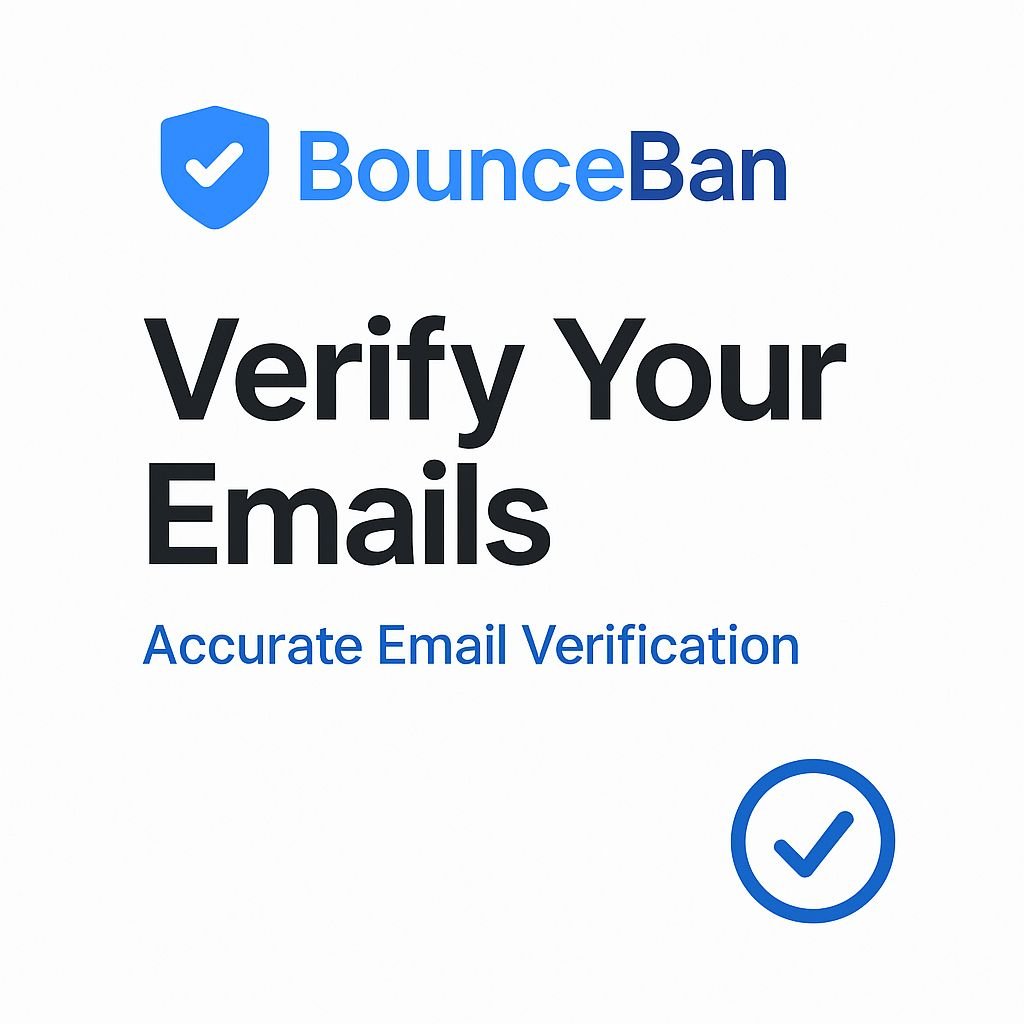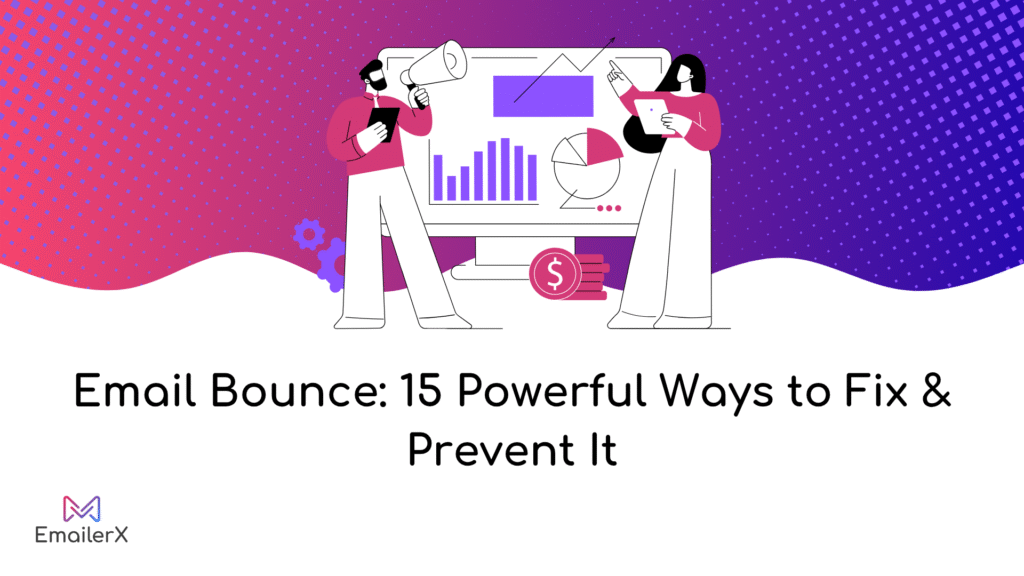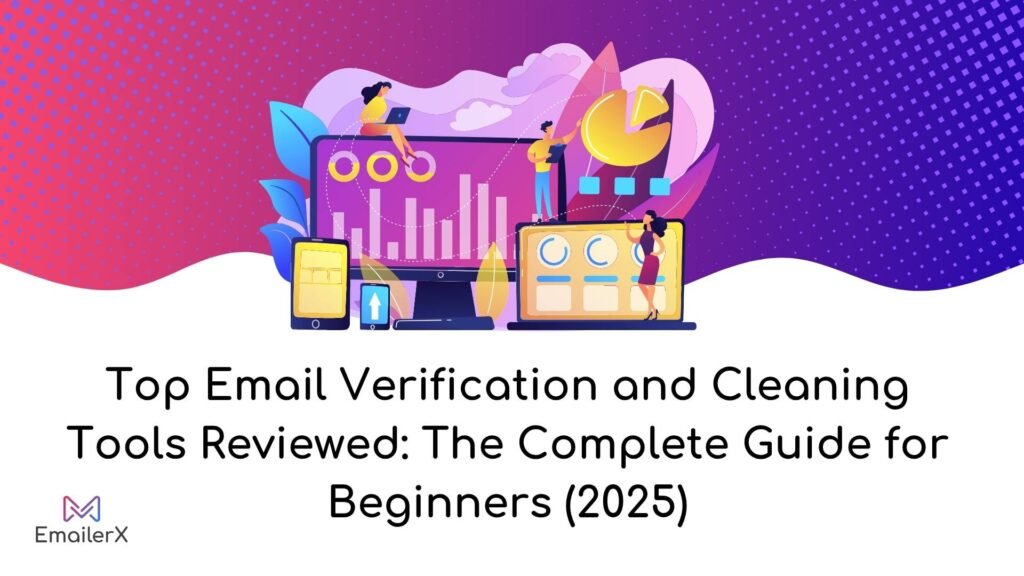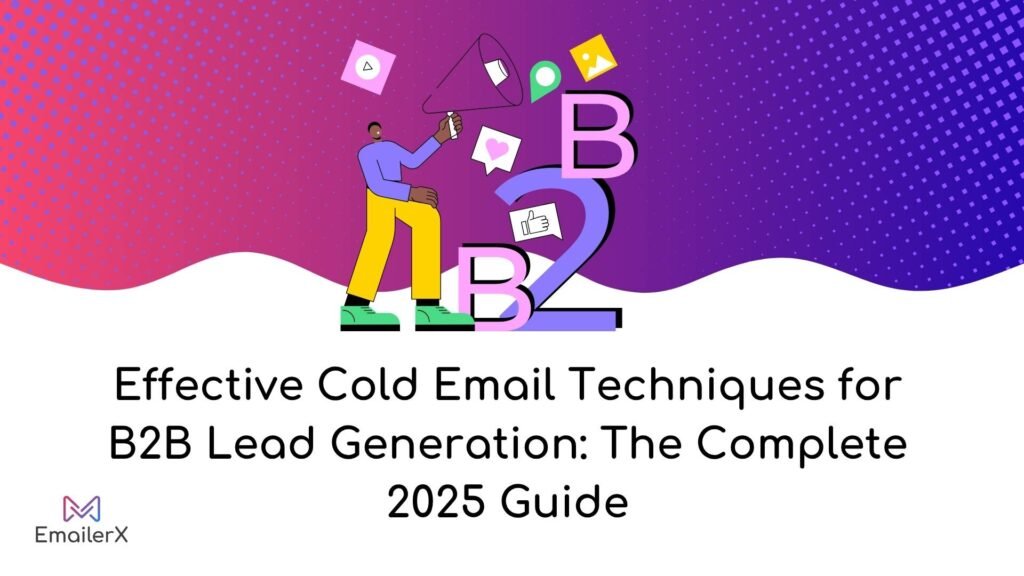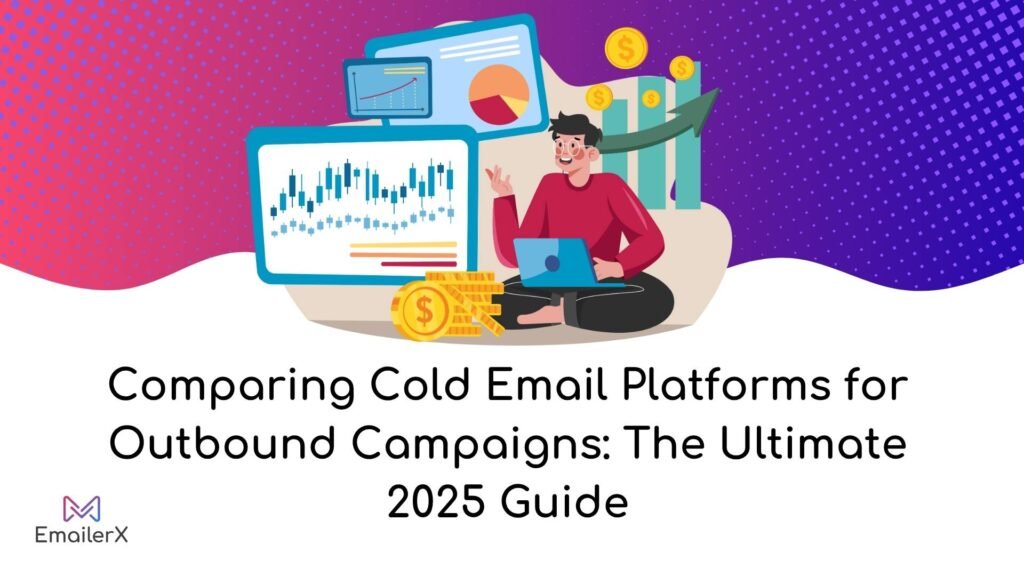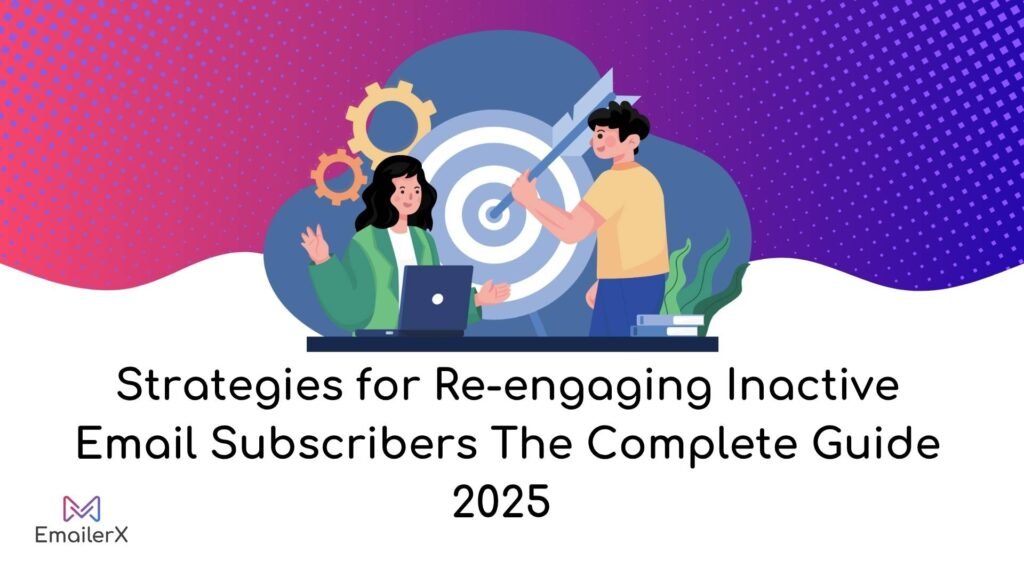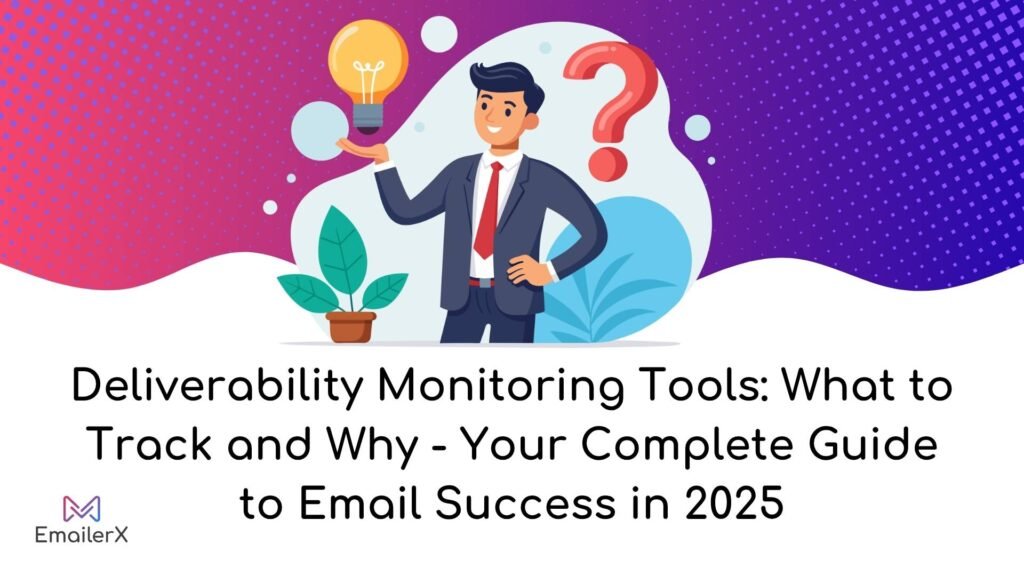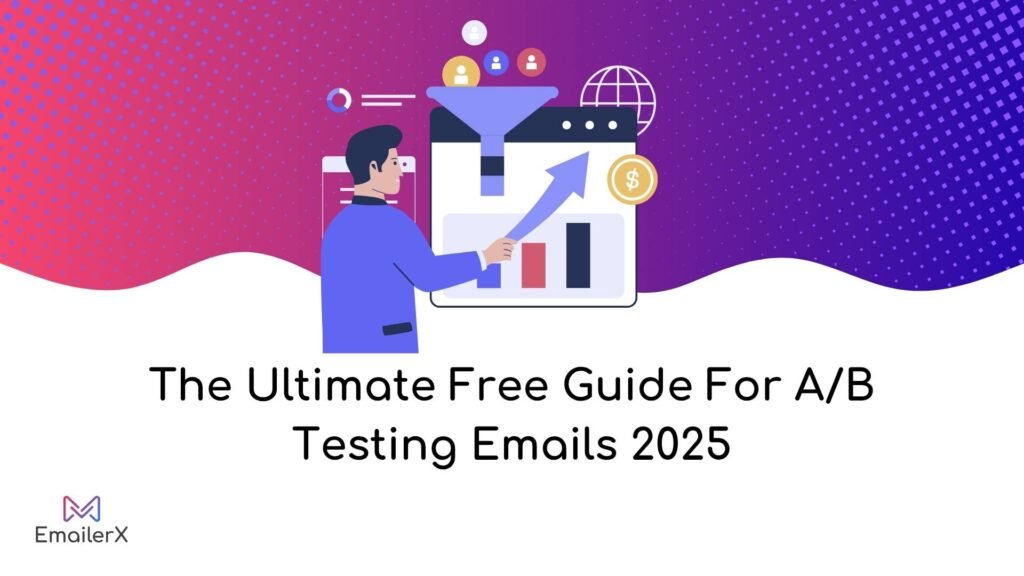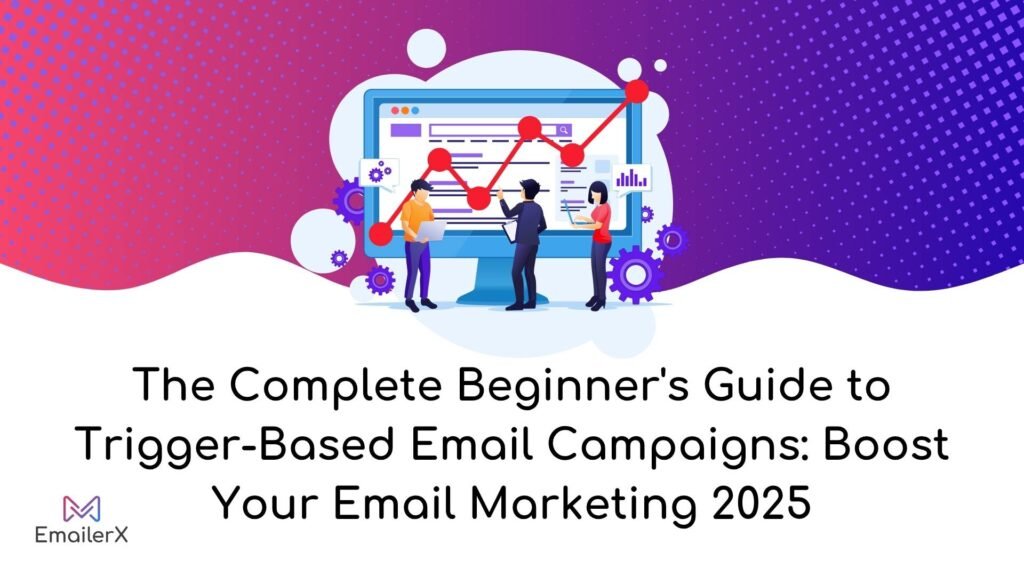In today’s digital landscape, email verification and cleaning tools have become indispensable for businesses serious about their email marketing success.

Whether you’re running cold email campaigns, nurturing leads, or maintaining customer relationships, the quality of your email list directly impacts your bottom line.
Email verification tools are sophisticated software solutions designed to validate email addresses before you send campaigns, while email cleaning tools help you maintain list hygiene by removing invalid, risky, and undeliverable addresses. Together, these tools form the foundation of successful email marketing strategies.
Table of Contents
ToggleWhat Are Email Verification and Cleaning Tools?

Understanding Email Verification
Email validation involves checking whether an email address exists, remains functional, and can successfully receive incoming messages. Leading email verification platforms employ various authentication methods including:
- Syntax checking – Verifying proper email format
- Domain verification – Ensuring the domain is legitimate and maintains active email server infrastructure
- SMTP verification – Testing if the mailbox actually exists
- Spam trap detection – Identifying honeypot addresses
- Catch-all detection – Flagging domains that accept all emails
The Difference Between Verification and Cleaning
While often used interchangeably, email verification and email cleaning serve slightly different purposes:
- Email validation platforms specialize in authenticating single email addresses or entire contact databases
- Email cleaning tools provide broader list hygiene, including duplicate removal, suppression management, and engagement analysis
Why Your Business Needs These Tools
Email deliverability is crucial for business success. Poor list quality leads to:
- High email bounce rates (above 5% is dangerous)
- Damaged sender reputation
- Reduced inbox placement
- Wasted marketing budget
- Potential blacklisting by email providers
Top Email Verification Tools: Comprehensive Reviews

1. ZeroBounce – Best Overall Email Verification Tool
ZeroBounce stands out as one of the best email verification tools available, offering 99% accuracy and comprehensive validation features.
Key Features:
- Real-time email verification with instant results
- Large-scale email validation for extensive databases (accommodating up to 250,000 contacts)
- Spam trap detection and risk assessment
- Email bounce rate checker with detailed analytics
- API integration for automated workflows
Pricing: Free trial with 100 credits, paid plans start at $15/month
Best For: Businesses serious about email list hygiene and deliverability
Pros:
- Industry-leading accuracy rates
- Comprehensive reporting
- Excellent customer support
- Multiple integrations available
Cons:
- Higher pricing for large volumes
- Complex setup for advanced features
2. NeverBounce – Best for Accuracy
NeverBounce delivers 99.9% precision rates, positioning it as an excellent choice for business-to-business email validation and critical marketing initiatives.
Key Features:
- Email accuracy checker with industry-leading precision
- Cold email verification optimized for outreach
- Email list cleaning with detailed status reporting
- Real-time API for instant validation
- Email deliverability testing integration
Pricing: Pay-as-you-go starting at $0.008 per email
Best For: Sales email verification and B2B outreach campaigns
3. Clearout – Best Value for Money
Clearout offers excellent email validation tools with competitive pricing and robust features.
Key Features:
- Email address validation with 20+ verification checks
- Email list management with Google Sheets integration
- Lead generation email verification with LinkedIn integration
- Email verification API for developers
- Business email verification with role account detection
Pricing: Free plan available, paid plans start at $21/month
Best For: Small to medium businesses looking for affordable email verification for businesses
4. Emailable – Fastest Processing Speed
Emailable excels in speed, processing 10,000 emails in just 2-3 minutes.
Key Features:
- High-volume email verification with lightning-fast processing
- Email syntax checker with typo correction
- Email management apps integration
- Automated email verification workflows
- Multi-client email verification capabilities
Pricing: 250 free credits, paid plans start at $25/month
Best For: Agency email verification tools and time-sensitive campaigns
5. Hunter – Best for Email Finding and Verification
Hunter combines email finding with verification, perfect for lead generation.
Key Features:
- Email verifier with domain search capabilities
- Email checker integrated with prospecting tools
- Email testing tools for campaign optimization
- Chrome extension for easy use
- CRM email verification integration
Pricing: Free plan with 50 searches/month, paid plans start at $49/month
Best For: Sales outreach email validation and prospecting
Email Cleaning Tools: Beyond Basic Verification

Clean Email Alternatives: Comprehensive List Management
While email verification focuses on validity, email cleaning tools provide broader list management capabilities:
AgainstData – Privacy-Focused Email Management
- Email unsubscribe tools with one-click options
- Digital footprint cleaning capabilities
- Carbon footprint analysis
- Data deletion requests to companies
SaneBox – Intelligent Email Organization
- Email management tools with AI-powered sorting
- Automated folder creation and email prioritization
- Email deliverability monitoring
- Subscription management
Advanced Email List Management Features
Modern email cleaner apps offer sophisticated features:
- Engagement scoring – Rating subscriber activity levels
- Segmentation tools – Organizing lists by behavior patterns
- Suppression management – Handling unsubscribes and complaints
- Duplicate detection – Removing redundant contacts
- Domain reputation checking – Assessing sender domains
Specialized Verification Tools for Different Use Cases

Cold Email Verification Tools
Cold email verification for agencies requires specialized features:
- Domain-based email verification for corporate outreach
- Enterprise email verification for large-scale campaigns
- Email compliance checking for legal adherence
- Multi-domain email verification for complex campaigns
Sales Team Email Validation
Sales team email validation tools focus on:
- CRM integration for seamless workflows
- Lead generation list cleaning automation
- Outreach campaign verification before sending
- Email list quality optimization metrics
Agency-Specific Solutions
Agency email list management tools provide:
- Multi-client dashboards for managing multiple accounts
- White-label solutions for client-facing reports
- Bulk processing for large client lists
- API access for custom integrations
How to Choose the Right Email Verification Tool

Key Factors to Consider
- Accuracy Rates – Look for 95%+ accuracy guarantees
- Processing Speed – Important for large lists
- Integration Options – Must work with your existing tools
- Pricing Structure – Consider your volume needs
- Customer Support – Essential for troubleshooting
- Compliance Features – GDPR, CAN-SPAM adherence
Pricing Models Explained
Email verification services typically offer:
- Pay-per-verification – Best for occasional use
- Monthly subscriptions – Ideal for regular campaigns
- Enterprise plans – For high-volume users
- API pricing – For developers and integrations
Integration Capabilities
Top email validation tools integrate with:
- Email marketing platforms (Mailchimp, Constant Contact)
- CRM systems (Salesforce, HubSpot, Pipedrive)
- Marketing automation tools (Marketo, Pardot)
- E-commerce platforms (Shopify, WooCommerce)
Best Practices for Email List Verification

When to Verify Your Email Lists
- Before every campaign – Ensure maximum deliverability
- After list imports – Clean new subscriber data
- Quarterly maintenance – Regular list hygiene
- Post-engagement analysis – Remove inactive subscribers
Setting Up Automated Verification
Real-time email verification can be automated through:
- Form validation – Verify emails at point of entry
- API integration – Automatic verification workflows
- Scheduled cleaning – Regular list maintenance
- Trigger-based verification – Based on engagement metrics
Handling Verification Results
Email verification typically returns these statuses:
- Valid – Safe to send
- Invalid – Remove from list
- Risky – Use with caution
- Unknown – Requires manual review
- Catch-all – Domain accepts all emails
The Future of Email Verification Technology

Emerging Trends
Email verification automation is evolving with:
- AI-powered validation – Machine learning for better accuracy
- Behavioral analysis – Predicting engagement likelihood
- Real-time scoring – Dynamic reputation assessment
- Advanced threat detection – Identifying sophisticated spam traps
Integration with Marketing Stack
Modern email deliverability tools are becoming:
- More deeply integrated with marketing platforms
- AI-enhanced for predictive insights
- Privacy-focused for compliance
- Mobile-optimized for on-the-go management
Frequently Asked Questions
What is the difference between email verification and validation?
Email validation checks if an email address is properly formatted, while email verification goes further to confirm the address actually exists and can receive emails. Verification includes validation plus additional checks like SMTP testing and spam trap detection.
How accurate are email verification tools?
The best email verification tools achieve 95-99% accuracy rates. However, accuracy depends on the verification method used and the quality of the email addresses being checked. Tools that perform multiple validation steps typically offer higher accuracy.
How much do email verification tools cost?
Email verification costs vary widely:
Free plans: 50-250 verifications per month
Paid plans: $0.005-$0.01 per verification
Monthly subscriptions: $15-$100+ depending on volume
Enterprise solutions: Custom pricing based on needs
Can I verify emails without sending test messages?
Yes, modern email verification tools use SMTP handshake protocols and other techniques to verify addresses without actually sending emails. This protects your sender reputation while providing accurate validation.
How often should I verify my email list?
Best practices recommend:
Real-time verification for new signups
Pre-campaign verification before each send
Quarterly deep cleaning for full list hygiene
Annual comprehensive audits for long-term subscribers
What happens to my data during verification?
Reputable email verification services follow strict data protection protocols:
Data is encrypted during transmission
Lists are automatically deleted after processing
GDPR and privacy compliance maintained
No data sharing with third parties
Do email verification tools detect spam traps?
Yes, advanced email verification tools include spam trap detection capabilities. They maintain databases of known spam traps and use pattern recognition to identify potential honeypot addresses that could damage your sender reputation.
Can I integrate email verification with my CRM?
Most email verification APIs offer seamless integration with popular CRM systems like Salesforce, HubSpot, and Pipedrive. This enables automated email verification workflows and real-time list cleaning within your existing systems.
What’s the difference between hard bounces and soft bounces?
Hard bounces: Permanent delivery failures (invalid addresses, non-existent domains)
Soft bounces: Temporary issues (full mailboxes, server problems)
Are there free email verification tools available?
Yes, many providers offer free tiers:
Hunter: 50 verifications/month
ZeroBounce: 100 free credits
Emailable: 250 free verifications
Clearout: Limited free plan



